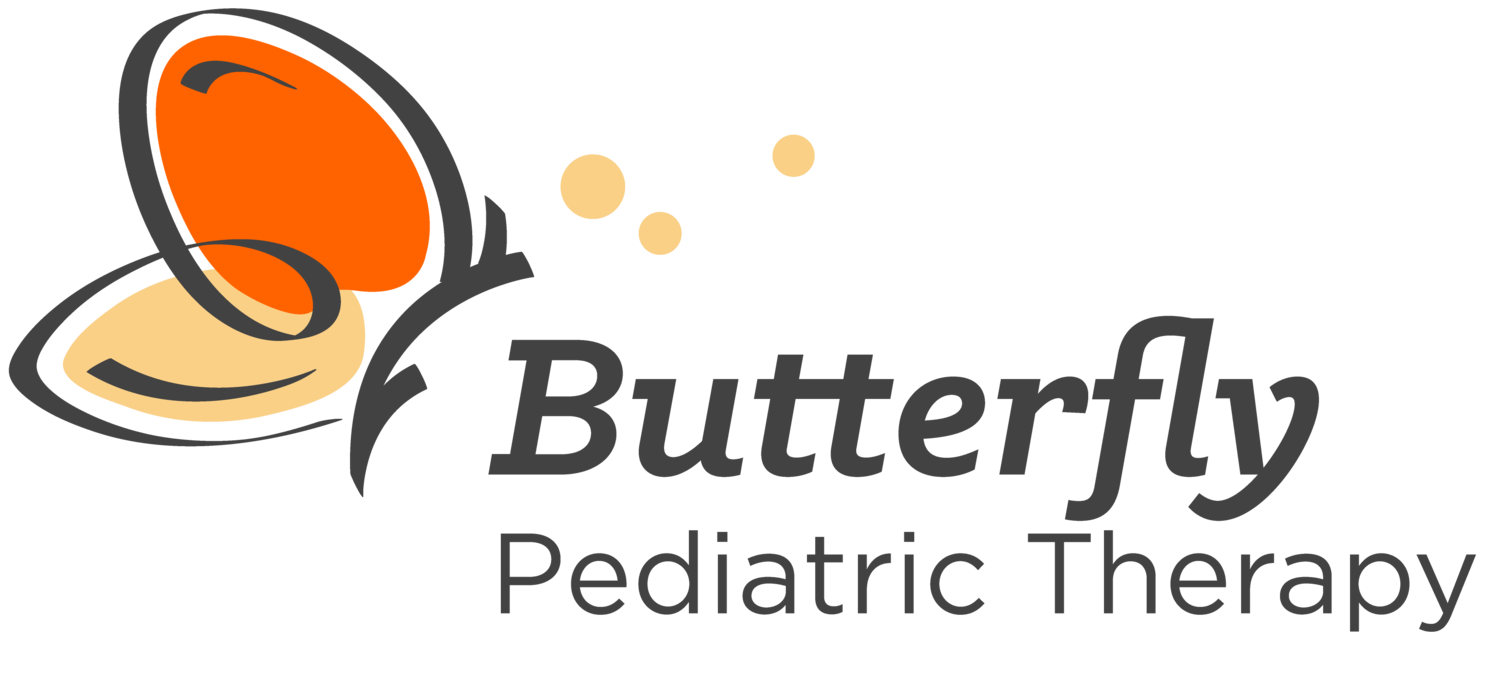Auditory and listening therapies
Learn about our auditory & listening therapy services:
-
The Safe and Sound Protocol (SSP) is a non-invasive, evidence-based listening therapy developed by Dr. Stephen Porges and based on Polyvagal Theory. It is a program delivered by trained therapists at our clinic and may be done during their therapy session as an adjunct or be set up for home program. It uses specially filtered music to gently stimulate the vagus nerve, helping regulate the nervous system and improve a child’s ability to feel calm, connected, and socially engaged. For children, SSP can support emotional regulation, reduce auditory sensitivities, and improve attention, communication, and resilience—especially for those with sensory processing challenges, autism, ADHD, anxiety, or a history of trauma. By helping the body and brain shift out of a constant “fight or flight” state, the SSP creates a foundation for more successful therapy and everyday interactions. Learn more about the Safe and Sound Protocol here. (add website link)
This service is not recognized as a medical treatment but an academic related treatment and thus cannot be billed to your insurance.
-
Integrated Listening Systems (iLs) is a multisensory program that combines auditory stimulation with movement and language exercises to enhance brain function and support developmental growth in children. Our trained therapist may recommend this program as part of your children’s treatment plan in the clinic and home. By integrating specially treated music with balance and visual activities, iLs aims to improve sensory processing, cognitive abilities, and emotional regulation. In our outpatient therapy clinic, therapists incorporate iLs into individualized treatment plans to address challenges such as learning difficulties, attention deficits, and sensory integration issues. This integrative approach helps children build foundational skills necessary for success in daily activities and academic settings. For more information, visit Unyte Health's website.
This service is not recognized as a medical treatment but an academic related treatment and thus cannot be billed to your insurance.

